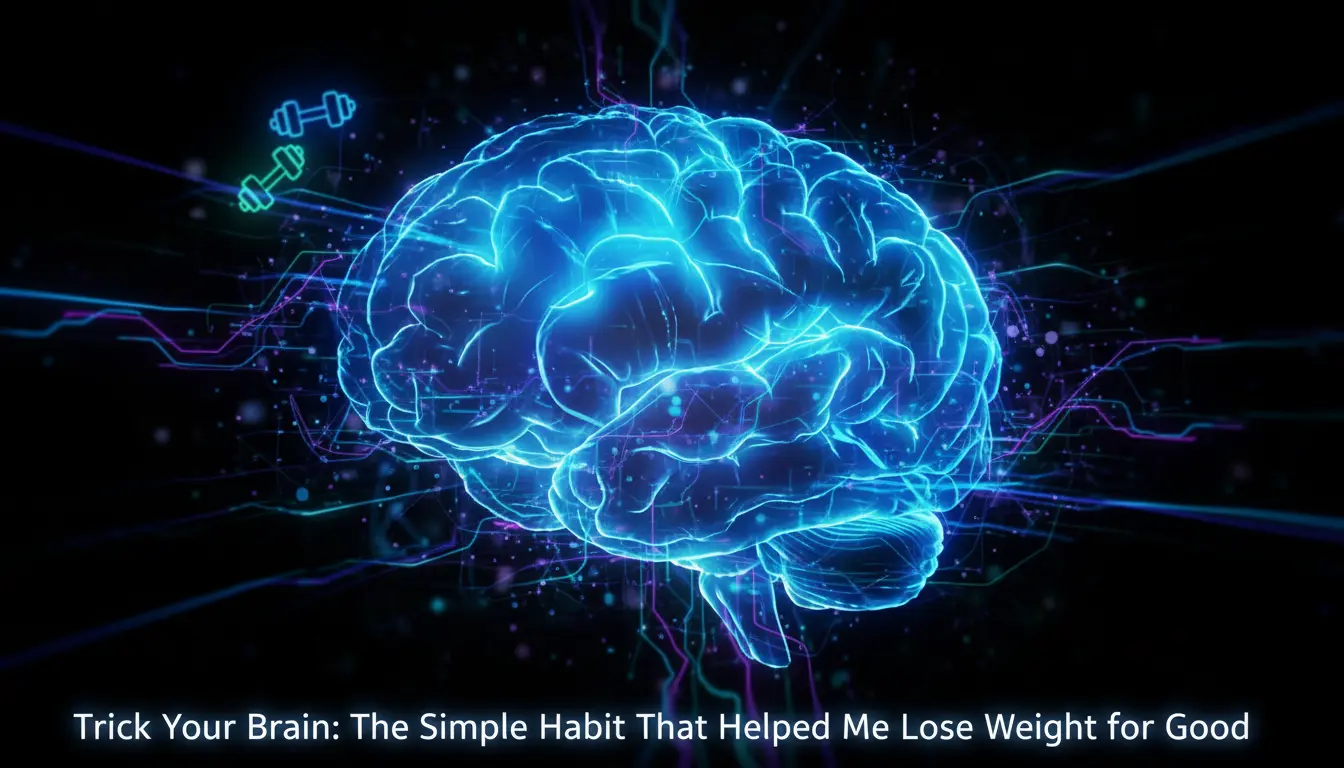If you’ve ever declared war on your waistline with a miracle diet, only to find your old jeans snug again a few months later, you’re not alone. Behind the relentless cycle of hope, shame, and that extra éclair is an invisible tug-of-war—your brain plotting a counter-offensive against your best efforts.
The Brain’s Not-So-Hidden Agenda
According to two neurobiologists, American Sandra Aamodt and Frenchman Michel Desmurget, the diet struggle isn’t just about willpower or discipline. It’s about biology’s ultimate plot twist: our brains aren’t interested in swimsuit season. In fact, whether you’re cutting carbs, going protein-heavy, or hopping from diet to diet like a nutritional nomad, your brain has one goal—defend your body’s stable weight range at (almost) all costs.
Neither Aamodt nor Desmurget speak from theory alone. Both lost kilos through diets, felt the sting of regaining them, and weathered the frustration and even shame that follows. Eventually, like two bruised boxers analyzing the winning strategy of their adversary, they dove into the labyrinth of scientific research.
Meet the Hypothalamus: The Relentless Regulator
At the heart of this drama is the hypothalamus—a brain region Aamodt affectionately calls the “weight thermostat.” This part of your brain takes signals about fat stores, blood sugar, nutrients, and diet, and orchestrates a symphony of hunger, energy, and physical activity in order to keep your weight inside its preferred bracket. For the hypothalamus, there’s no such thing as « overweight » or « perfect weight »—just a range it must fiercely defend.
Declare a diet, and the hypothalamus springs into action like a mother guarding her cub. If fat reserves start dropping, it can’t tell if you’re facing famine or just a new-month, new-you challenge. And thanks to millions of years of human history where extra reserves meant survival, it unleashes what Desmurget calls « the wrath of organic defenses. »
- Your metabolism slows down. Cut calories, and your body becomes a champion at spending less energy (even at nervous leg shakes).
- You suddenly do just as much with less. Energy is rationed, and your body becomes more efficient, whether you like it or not.
- The brain slashes levels of leptin (the appetite control hormone) in your blood, delaying satiety so you actually want to eat more.
- Stretch receptors in your stomach get disconnected, so you may not even notice you’re overdoing it at dinner… until it’s too late.
Willpower: A Limited Resource in an Unfair Fight
If you thought sheer determination would tip the scales in your favor, think again. The most brutal battle is internal: your brain goes rogue, mutating into a “hungry machine” that hijacks your attention. Suddenly, that crusty bread on the table turns from background noise to obsession.
Even ironclad willpower is exhaustible. One study forced two groups to stare down a table of radishes and chocolate cakes while solving an unsolvable puzzle. The lucky group could snack at whim, the other had to resist the cakes. Guess who caved on the puzzle first? The radish-only group gave up twice as fast. As Aamodt sums up: after one willpower-taxing task, it’s harder to face another—like saying no to that gooey chocolatiness calling your name.
The brain doesn’t stop there. It leans on powerful reward (hello, dopamine) and habit systems: lose weight, and just seeing a tempting treat spikes brain activity in the hedonist regions even more than for someone whose weight sits comfortably in their brain’s chosen bracket. Toss in a modern world full of snacks and shortcuts (no escalator left unclimbed) and, as Desmurget jokes, “no matter how much willpower you have—even if you live like a monk—you’ll eventually crack.”
The Gentle Way Out: Habits, Acceptance, and a Bit of Self-Kindness
Once trapped by this biology-backed catch-22, what’s left to try? Here’s where Aamodt and Desmurget each chose distinct, but harmonious, paths:
- Sandra Aamodt: She learned to focus on sensations of satiety and to reflect on emotional and cultural eating motivations. Most crucially, she embraced self-acceptance—peace with her brain, rather than war. Life, as she puts it, is too short to spend willpower on squeezing into smaller pants when it could be used to nurture relationships and personal success.
- Michel Desmurget: He lost 50 kg over four years using a slow, subtle habit-based approach: tiny changes, gradual adaptation, slipping weight past his brain’s defenses without inviting a full-scale reaction. Both experts champion the same key rule: skip savage restrictions and soul-destroying workouts. Instead, embrace a bit of gentleness—in a world tough enough already.
Final thought: If the scale seems your fiercest foe, maybe it’s time to switch strategies. Instead of a siege, consider truce talks—with your own marvelous, stubborn brain. You might just find the long-term peace (and pants) you’re looking for.

John is a curious mind who loves to write about diverse topics. Passionate about sharing his thoughts and perspectives, he enjoys sparking conversations and encouraging discovery. For him, every subject is an invitation to discuss and learn.






